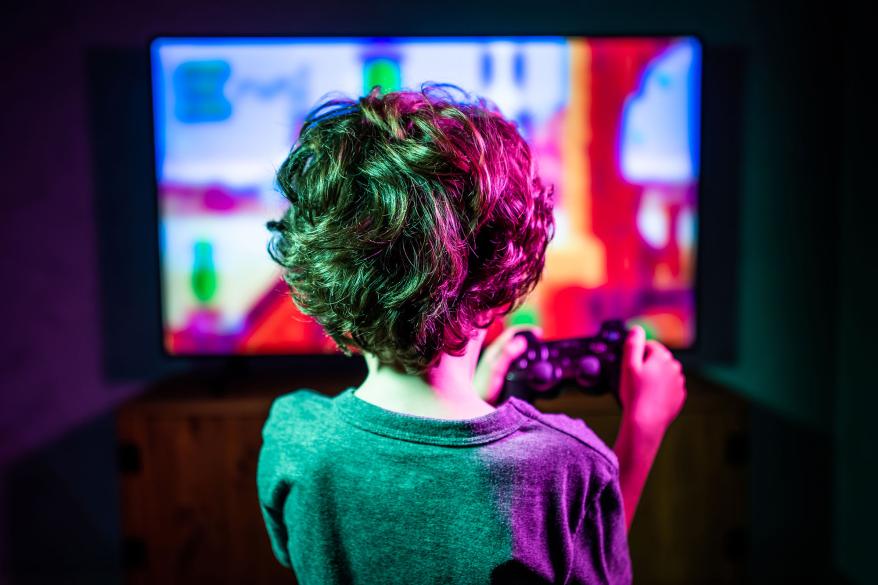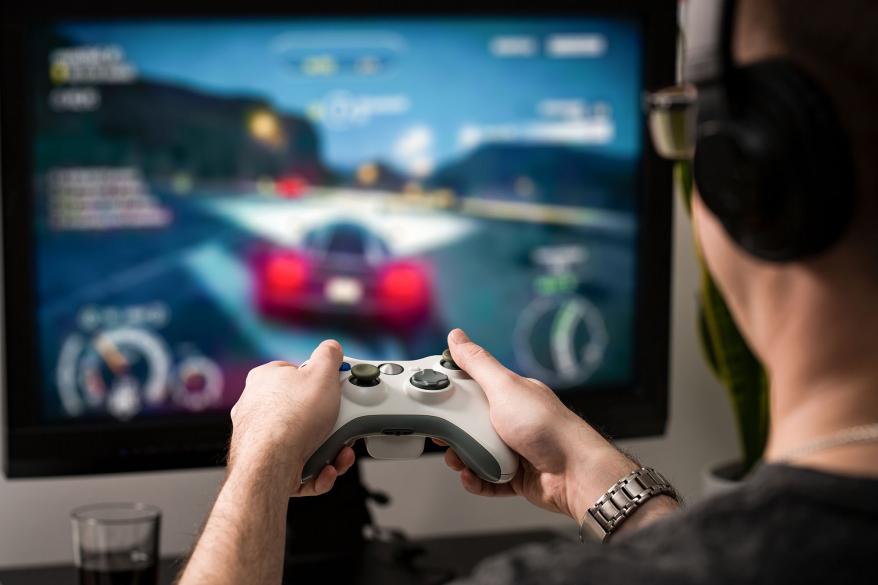Kids that play video games perform better on cognitive skill tests: study
Looks like Fortnite and Minecraft aren’t turning your kids’ brains to mush after all.
A surprising new study has found that children who reported playing video games for three hours or more per day performed better on cognitive skills tests involving memory and impulse control compared to others who never played video games.
“This study adds to our growing understanding of the associations between playing video games and brain development,” said Nora Volkow of the National Institute of Drug Abuse, which backed the study by the University of Vermont at Burlington.
“Numerous studies have linked video gaming to behavior and mental health problems. This study suggests that there may also be cognitive benefits associated with this popular pastime, which are worthy of further investigation.”
This study suggests that there may also be cognitive benefits associated with this popular pastime, which are worthy of further investigation.”
Researchers said the findings of cognitive gain from video gaming does not come as a total surprise. More limited prior studies have suggested the same, though other studies also have linked excessive gaming as contributing to behavioral and mental health problems.

The Vermont U. scientists studied brain imaging data from nearly 2,000 kids starting at ages 9 and ten.
They separated the kids into two groups — those who reported playing no video games at all and those who reported playing video games for three hours per day or more, the level the American Academy of Pediatrics deems excessive.
Doctors recommend that video gaming time be limited to one to two hours per day for older children.
Advertisement




For each group, the investigators evaluated the children’s performance on two tasks that reflected their ability to control impulsive behavior and to memorize information, as well as monitor the children’s brain activity while performing the tasks.
“The researchers found that the children who reported playing video games for three or more hours per day were faster and more accurate on both cognitive tasks than those who never played,” the study said.
MRI brain imaging analyses also found that children who played video games for three or more hours per day showed higher brain activity in regions of the brain associated with attention and memory than did those who never played.
The study revealed video gamers had more brain activity in frontal brain regions that are associated with more cognitively demanding tasks and less brain activity in regions related to vision.
The study surmised playing video games can be “cognitively demanding” and may lead to improved performance.
Moreover, low activity in visual areas of the brain among gamers may show they are more efficient at processing information than non-gamers because of the repetitive practice video games provide, the study suggests.
“While prior studies have reported associations between video gaming and increases in depression, violence, and aggressive behavior, this study did not find that to be the case,” researchers said.
The researchers caution there may be a selective bias that warrants more study.
“It could be that children who are good at these types of cognitive tasks may choose to play video games,” the researchers said.
The authors also emphasized that their findings do not mean that kids should spend “unlimited time on their computers, mobile phones, or TVs.”
They also cautioned that specific genres of video games — such as action-adventure, puzzle solving, sports, or shooting games, may have different effects for brain development, and this level of specificity on the type of games played was not measured by this study.
“While we cannot say whether playing video games regularly caused superior neurocognitive performance, it is an encouraging finding, and one that we must continue to investigate in these children as they transition into adolescence and young adulthood,” said Vermont U. psychiatry professor Bader Chaarani, a lead author of the study.
“Many parents today are concerned about the effects of video games on their children’s health and development, and as these games continue to proliferate among young people, it is crucial that we better understand both the positive and negative impact that such games may have.”
The longitudinal study will allow researchers to monitor the same children over time into early adulthood, to see if changes in video gaming activity are linked to changes in cognitive skills, brain activity, behavior, and mental health.
The study will also allow them to better account for various other factors in the children’s life, such as the family situation and environment and daily activities including exercise, sleep quality and the like.